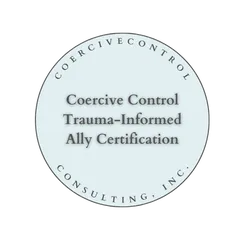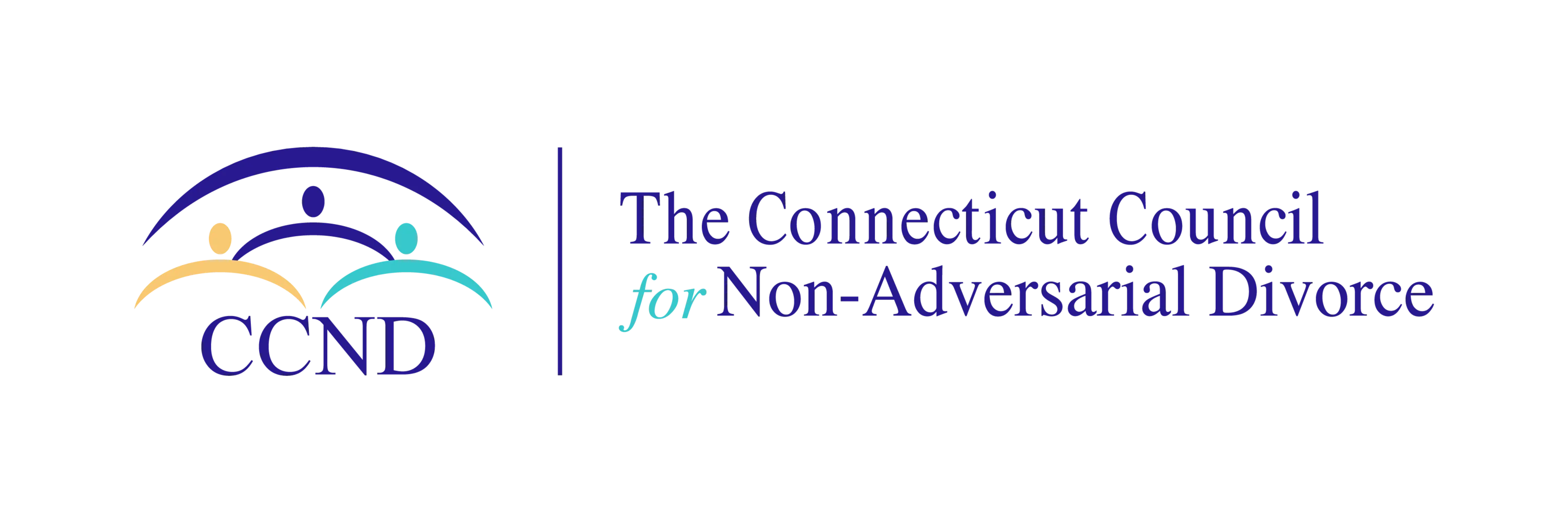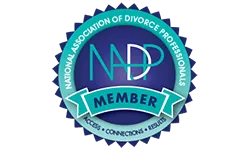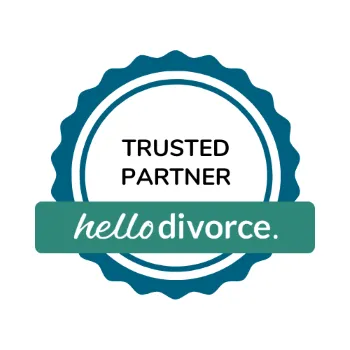Knowledgeable Wilton Attorney Explains Where to Start with the Divorce Process
An informative guide to non-adversarial divorce processes in Connecticut
People who are considering divorce often have many questions about where to start. Here at Divorce Mediation Center of Fairfield County, LLC in Wilton, our experienced attorney, Rosemarie Ferrante, provides answers to help spouses understand how to proceed with restructuring your family in a less contentious and more respectful way. Attorney Ferrante also provides free educational workshops for people contemplating and in the early stages of divorce.
What is the difference between mediation and collaboration?
Both mediation and collaborative divorce are voluntary processes designed to help individuals resolve their differences. In mediation, a neutral third-party helps guide both spouses toward agreement, providing information and resources and the opportunity to explore all scenarios for resolution. The mediator does not offer legal advice, although spouses are encouraged to engage their own independent legal counsel (review counsel). In a collaborative divorce, each spouse retains an attorney trained in the collaborative process who signs a participation agreement outlining the collaborative process. Neutral mental health professionals and neutral financial professionals (as well as other experts) are also a part of the team whose focus is to help guide the parties toward settlement.
How will you know if mediation or the collaborative process is right for you?
You must both be willing to reach agreement through negotiations in a rational, open and honest way. If your relationship involved deceit, domestic violence (including coercive control) or a high degree of contention, mediation or the collaborative divorce process may not be right for you.
How do you prepare for mediation or a collaborative divorce?
You can prepare by considering your goals for the outcome. What is most important for you to achieve and where can you compromise? Both mediation and collaborative divorce are efficient, streamlined and private, and prioritize self-determination. Your team will ensure you understand the issues, your needs, and all possible solutions, so as to work towards a mutually acceptable resolution. The best outcomes to conflicts tend to be generated by those involved, who have a clearer view of the situation than anyone else. And we understand that when people are empowered to come up with solutions on their own, they are more likely to follow through, leading to better, more durable agreements.
What issues will be worked out in mediation or collaborative divorce?
All the issues that a judge would decide if your case went to court will be resolved in divorce mediation or the collaborative divorce process. Some key terms that will be discussed and agreed on include parenting plans, child support, alimony, and asset division. Your final separation agreement is the blueprint for your post-divorce life; it is an agreement detailing the decisions made during the process by you and your spouse, with the guidance of your team.
How long does the divorce process take?
How long the process takes depends on how complex your marital situation is, how committed you and your spouse are to work together to reach an agreement and many other factors. But parties who opt for mediation or the collaborative method drive the scheduling, so they are not waiting for court dates to move forward, which can mean a quicker resolution than in a contested divorce, which could take years.
Contact an attorney mediator in Connecticut to get started on your divorce
The Divorce Mediation Center of Fairfield County, LLC in Wilton, provides non-adversarial divorce services to Connecticut residents. To learn more, call or contact us online to arrange a consultation.












